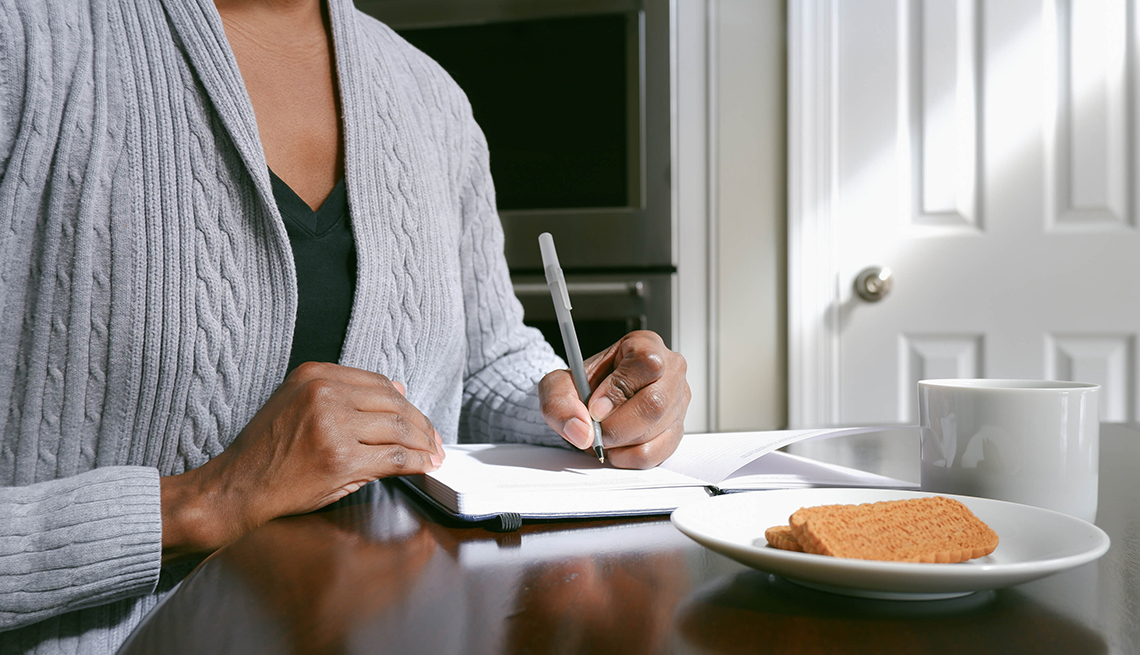Staying Fit
Ten years ago, Colleen E. Millett stopped making New Year's resolutions. Instead of setting herself up for a disappointing January filled with broken promises, Millett decided to set intentions instead.
"I found that resolutions were something that never pan out and never come to fruition,” says the 54-year-old resident of Spring Hill, Florida.


AARP Membership— $12 for your first year when you sign up for Automatic Renewal
Get instant access to members-only products and hundreds of discounts, a free second membership, and a subscription to AARP the Magazine.
As another year during one of the most challenging times in history draws to a close, it may be time for a revolution in resolutions. Intention-setting is less about a specific goal and more about a shift in mindset to help achieve that goal.
"An intention is something you want to manifest in your life or some guiding principle that you want to live by,” says Diana Raab, a psychologist and author. While resolutions are hard and fast goals that are either achieved or broken, intentions are broader ideas. Raab describes them “as the beginning of a dream or desire” for something that you want for yourself.
Seek out a journey, not an end point
Changing the conversation from an end point to a journey means there is a greater likelihood of being successful, without the risk of failure. Instead of setting a goal that is likely to be broken, a growing wave of folks are turning over a new leaf in a different way.
"I learned years ago that resolutions rarely last past Valentine's Day,” says Sandra Scheinbaum, 71, of Scottsdale, Arizona. “On the other hand, setting intentions works because they're associated with your hopes and dreams for the future.” For example, this year Scheinbaum intends to do everything in her power to stay healthy.
Tips for setting intentions:
1. Choose a broad, less specific goal for an intention than you would for a resolution: For example, improving health, lowering stress or becoming more mindful or present.
2. Get specific about ways to achieve that intention. For example, using less technology, spending more time in nature or meditating.
3. Plan how to incorporate those efforts into your regular routines.
4. Use a journal to make note of your intentions and your successes as the year continues.
Resolutions are often focused on smaller goals like trying to maintain good posture, exercising more or cutting down on sugar, according to Raab. But an intention has a broader focus and “often has to do with relationships, careers, self-improvement or a larger call to action, such as travel.”
To ensure successful intention-setting, Raab believes it is important to “commit to your intention,” making it “a part of your everyday thinking.”
Want something a little more concrete to help you follow through? Peter Gollwitzer, a professor of psychology at New York University who specializes in goal-setting, says that people who engage in planning how to achieve a set goal are about three times more likely to succeed than people who leave it at mere goal-setting.



































































